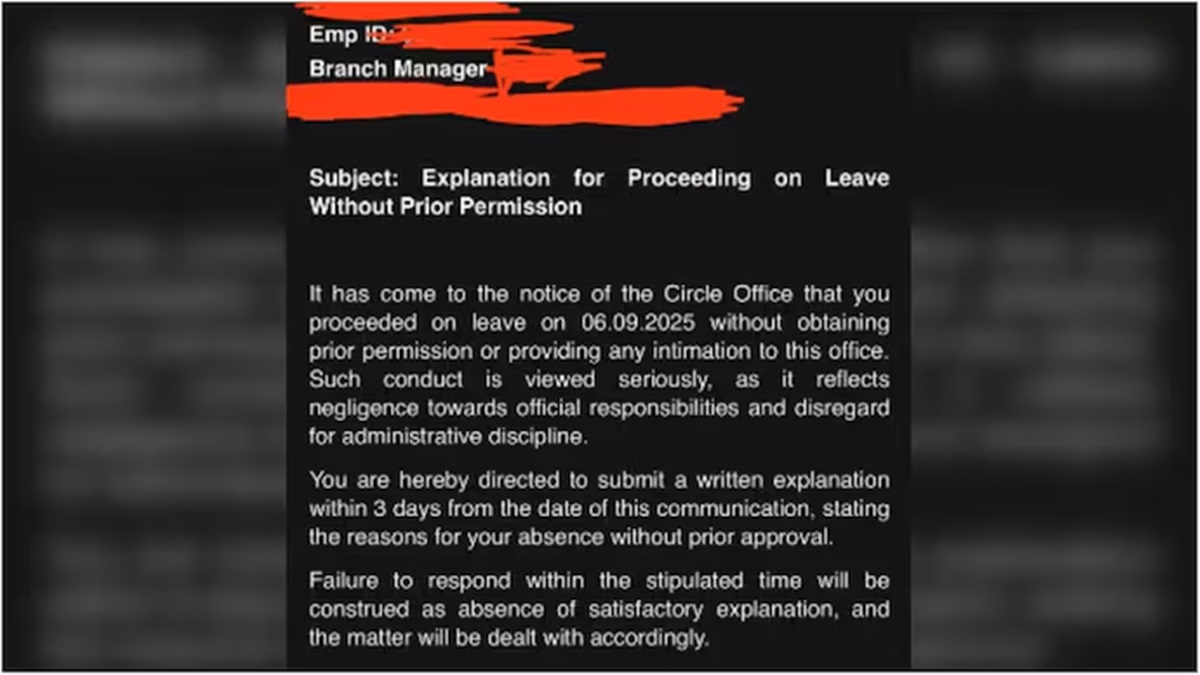Take Kanika Mohan, a 21-year-old computer science graduate who once pictured herself walking into a cushy tech role after graduation. With internships at top firms and strong academic credentials, she thought the path was secure.
Instead, months of job hunting forced her to widen her applications beyond Big Tech. She eventually secured a position in a leading tech company, but only after considering roles in airlines, banks, and consumer firms.
“Everyone tells you to aim for a dream role at a dream company. But that’s not how it works anymore,” Mohan said.
Analysts point out that the entry-level market is shrinking fast. According to Daniel Zhao, Chief Economist at Glassdoor, the slowdown in tech mirrors conditions from the 2008 recession. Job postings in software and IT have fallen sharply, and the rising number of computer science graduates means tougher competition for fewer positions.
Meanwhile, companies are restructuring entry-level roles as AI automates repetitive tasks. Instead of large intakes of juniors, firms are focusing on specialized skills in AI, cloud, and cybersecurity — creating a “skills war” that leaves general applicants struggling.
For some, the struggle has been overwhelming. Timothy Innamorato, 27, who completed a certification program in IT last year, has sent out hundreds of applications with little success. He now applies to custodial jobs in schools and grocery stores just to make ends meet.
“With AI taking over so much of entry-level work, I’m honestly questioning whether to keep trying in IT,” he said. Like many peers, he’s even considering trade professions such as HVAC and plumbing, where demand is steady.
On the flip side, Charley Kim, 23, graduated in 2024 and landed a software engineering role in Big Tech. He credits his success not just to skill but to strategic networking.
“Getting an interview is harder than passing it. Talking to people already in the industry and getting referrals made the difference,” Kim explained.
Experts echo this point: quality applications and strong connections are more effective than sending out hundreds of low-quality résumés.
Career specialists suggest that young professionals should:
- Tailor every application instead of mass-applying.
- Leverage communities — peers, mentors, and advisors — to get honest feedback and support.
- Highlight soft skills like communication and creativity alongside tech knowledge.
- Showcase AI literacy, since companies now expect graduates to be comfortable using AI tools.
IBM’s global hiring head, Natasha Pillay-Bemath, said demand will remain strong for talent in AI, cloud, and advanced tech, but “entry-level hires must demonstrate adaptability and creativity, not just technical know-how.”
Mohan now coaches peers on TikTok about breaking into tech. She emphasizes flexibility: “Switching industries is not failure — it’s exploration. You won’t know what you like until you try.”
For Gen Z, the reality is clear: the once-straightforward path to a plush tech job is gone. Success now belongs to those who can pivot, network, and adapt to an industry in transition.
Source – https://impressivetimes.com/latest/gen-z-tech-jobs-2025/




















